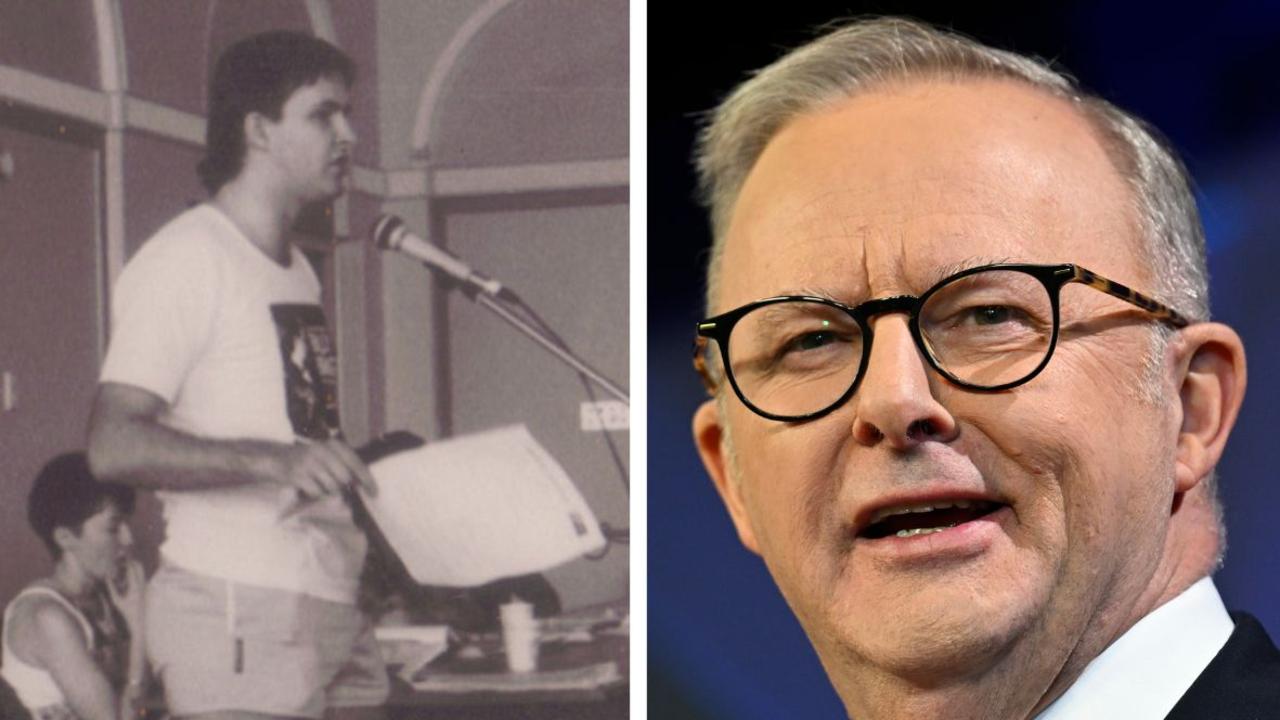Jacinda Ardern wows US President Joe Biden in White House meeting
New Zealand PM Jacinda Ardern has wowed President Joe Biden during a face-to-face meeting that went so well, China is really angry.
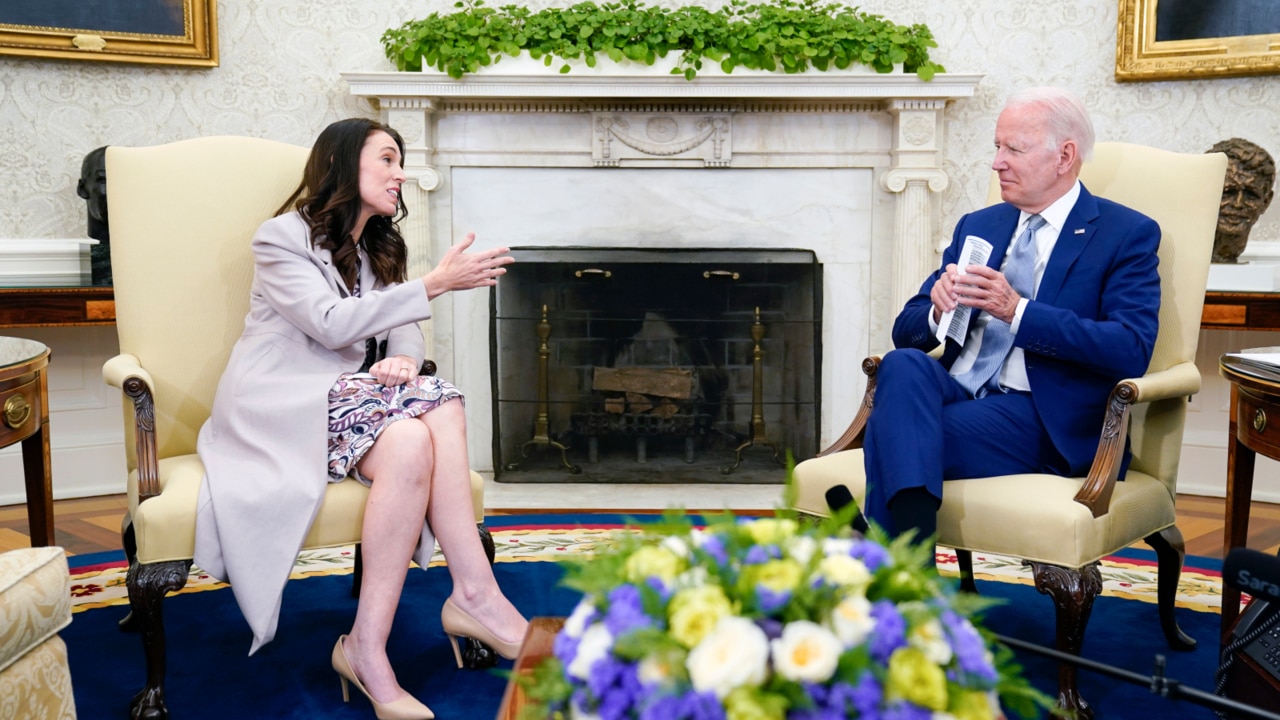
New Zealand Prime Minister Jacinda Ardern has met with US President Joe Biden at the White House as she continues to wow America during her ongoing tour, with insiders describing a “warmth” and “intimacy” between the pair on a variety of issues.
While the meeting was initially scheduled for an hour, the pair ended up continuing talks for another 30 minutes, with Ms Ardern talking up the relationship between the two leaders.
“I think that is a demonstration between the warmth in our relationship,” she said afterwards.
Mr Biden welcomed Ms Ardern as a “good friend”, citing their last meeting at the launch of the Indo-Pacific Framework “which is a fairly big deal for us”, and said to her: “We need your guidance.
“You understand that your leadership has taken on a critical role in this global stage — and it really has,” President Biden said.
The meeting has angered China, with its foreign ministry rejecting the comments and claiming it exposes the US’ “hegemonic mindset”.
Ms Ardern and Mr Biden talked about gun control, online extremism, Ukraine and climate change, but it is China’s growing influence in the Pacific that was the main focus as the US attempts to bolster its ties in the region in response.
“We are in an incredibly difficult international environment,” Ms Ardern said.
Stream more world news live & on demand with Flash. 25+ news channels in 1 place. New to Flash? Try 1 month free. Offer ends 31 October, 2022 >
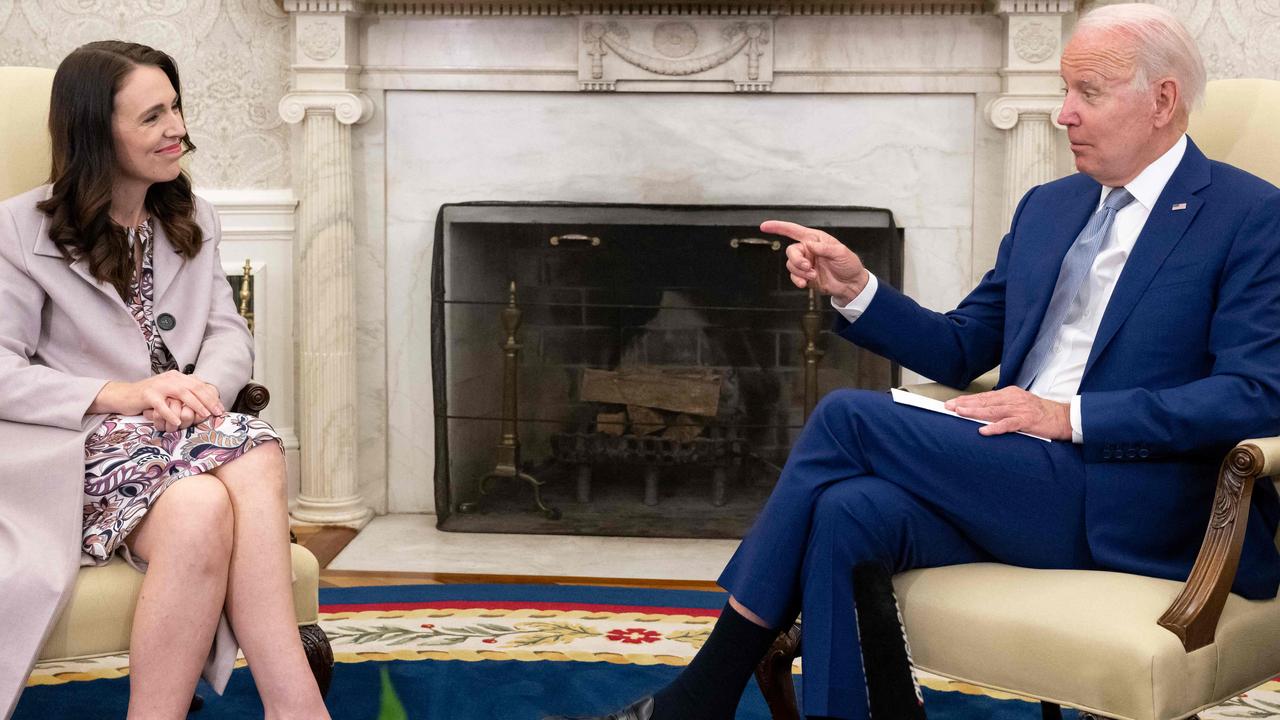
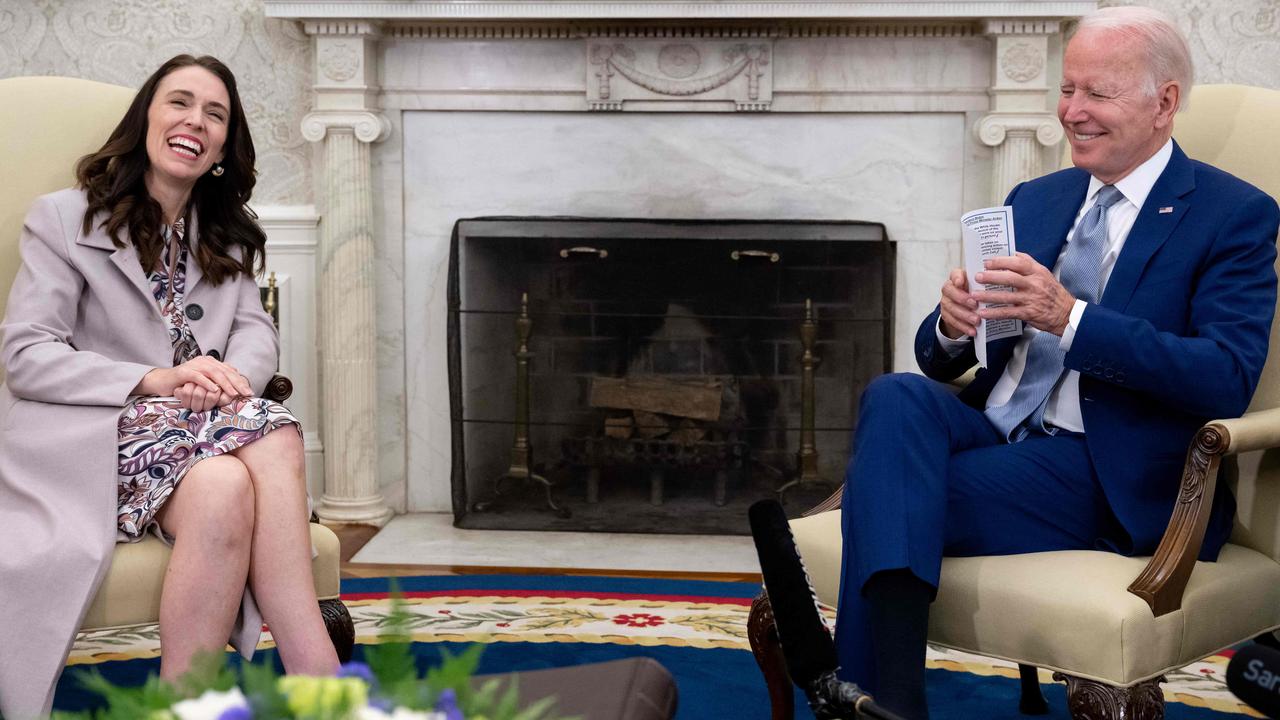
The Biden administration is looking to step up its co-operation, in particular, to support the Pacific Island states as they face tremendous challenges from a variety of fronts, according to a senior administration official.
“The President and the Prime Minister met for well over an hour,” the official said.
“The conversation was very warm, very direct, and there was a great understanding between the two of them, as you would expect.
“And there really was discussion about the shared vision for the Indo-Pacific and the importance, in particular, of stepping up engagement with the Pacific Island states.”
The pair didn’t share exact details of a military agreement but there were “fairly detailed discussions” about the importance of in-person engagement with Pacific Island leaders.
“I think the discussion with Prime Minister Ardern really further highlighted the breadth and depth of the shared concerns about changes and challenges in the region and the fact that New Zealand continues to be a very close and very important U.S. partner,” the official said.
“I think that this is also in the context of — the fact that the United States is a Pacific nation, and the region remains an enduring foreign policy priority for the United States.”
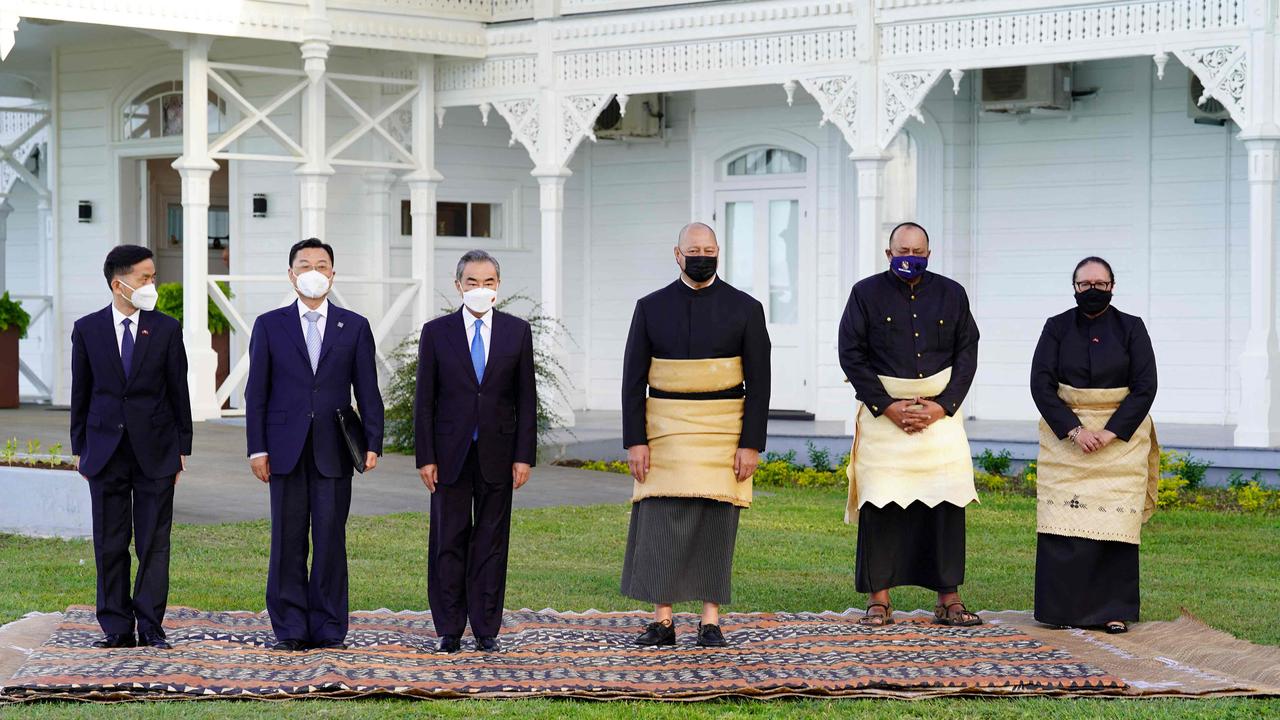

China reacts
In a joint statement after the meeting, the leaders mentioned China, noting concern about the security agreement between the People’s Republic of China and the Solomon Islands, which caused serious alarm bells in Australia in April.
“In particular, the United States and New Zealand share a concern that the establishment of a persistent military presence in the Pacific by a state that does not share our values or security interests would fundamentally alter the strategic balance of the region and pose national-security concerns to both our countries,” the statement read.
“A freer and more open Indo-Pacific depends on preserving the international rules-based order in the maritime domain.
“To that end, we reaffirm our support for freedom of navigation and overflight, in the South China Sea and beyond, in accordance with the UN Convention on the Law of the Sea (UNCLOS).
“We oppose unlawful maritime claims and activities in the South China Sea that run counter to the rules-based international order, particularly UNCLOS.
“We reiterate our grave concerns regarding the human-rights violations in Xinjiang, and the erosion of rights and freedoms in Hong Kong, which undermines the high degree of autonomy enshrined in the Sino-British Joint Declaration and the Basic Law.”
China’s Foreign Minister Wang Yi is winding up his of a 10-day tour of the region, visiting eight Pacific nations in total and raising fears of more countries striking deals similar to the security pact between China and the Solomon Islands.
He was in Vanuatu on Wednesday and will head to Papua New Guinea tomorrow.
China reacted hours later with Foreign Ministry spokesperson Zhao Lijian accusing the US of “distorting the truth that the co-operation between China and the Pacific island countries has been in line with regional benefits.
“China and Solomon Islands have no intention to establish military bases,” Mr Zhao said.
The US has military bases all over the world, yet raises “so-called concerns about normal security co-operation between other countries”.
Australia’s last-minute dash
It comes as Australia’s Foreign Minister Penny Wong, who met Mr Biden at the Quad Leaders’ Meeting in Tokyo, will return to the Pacific on Wednesday night, visit Samoa and Tonga less than a day after her Chinese counterpart Wang Yi, who was in Tonga on Tuesday.
It is Ms Wong’s second visit to the Pacific since being sworn in as Foreign Minister nine days ago.
“We want to make a uniquely Australian contribution to help build a stronger Pacific family – through social and economic opportunities including pandemic recovery, health, development and infrastructure support, as well as through our Pacific labour programs and permanent migration,” she said in a statement.
“We will increase our contribution to regional security: we understand that the security of the Pacific is the responsibility of the Pacific family, of which Australia is a part.
“We will stand shoulder to shoulder with our Pacific family in addressing the existential threat of climate change. And we will deepen cultural and sporting ties.”






